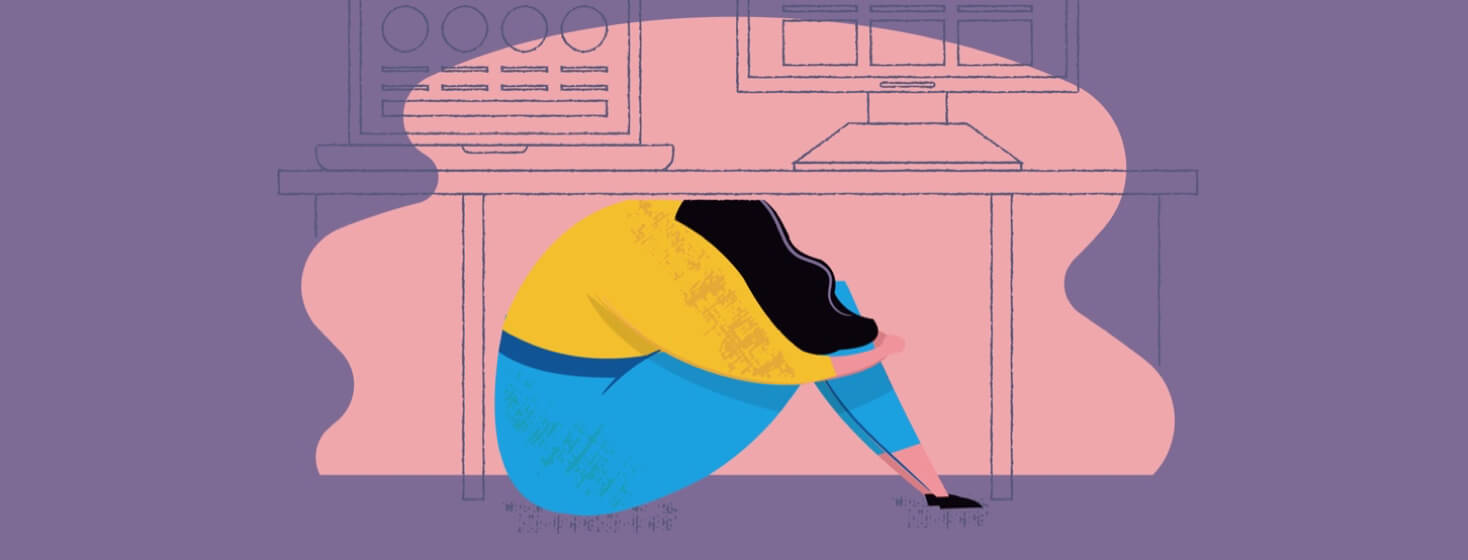Having Narcolepsy Is a Full-Time Job: Narcolepsy in the Workplace
Think back on your longest week at work. Maybe you worked 40 hours, or maybe you worked more. Maybe you had a million deadlines to meet, and either you met them or you didn’t. Maybe you had to bring work home with you. Maybe you had to pull overnight shifts. Maybe you couldn’t wait for it to end and it felt like it never would.
Do you remember a time like this? Are you exhausted just thinking about it? Now imagine doing this on very little to no sleep. This is what it feels like to have narcolepsy.
The 'switch' flips without warning or reason
When thinking about narcolepsy, I imagine an on/off switch in the part of the brain that regulates sleep (the part of the brain impaired in a narcoleptic). Normally, this switch will tell you, “Hey, you’ve been awake for a while; maybe it’s time to rest now.” You either listen to that voice or don’t, and that’s up to you, but it will get louder and angrier the longer you ignore it.
However, in the case of narcolepsy, the switch is short-circuited. Instead of your brain letting you know it’s time to sleep, it just flips the switch without warning and without reason. This causes sleep attacks or an abrupt and intense feeling of exhaustion. It feels as if you haven’t slept in days. These can, and do, occur anywhere in many different situations. Work is not excluded.
Fighting to stay awake during my shifts
I started working as a medical scribe in the emergency department at 18 years old. In the ER, we generally worked abnormal hours, sometimes with little time between shifts for sleep. During that time, I found it so difficult to stay awake during my shifts that I would take 10- to 15-minute naps in the bathroom.
I probably took a nap every 1 to 2 hours. At the time, I thought this was related to shift work and assumed everyone around me was just as tired.
It took me extra time to complete my work
I then worked from home as an online medical transcriptionist. This was a difficult position, as it required good organization and time management. While I was supposed to work in full 8-hour shifts during the day, I often broke my day up into 2- to 3-hour intervals with naps in between.
It took me hours of extra time during the week to accomplish all of my assignments due to my excessive sleepiness and easy access to my bed. Again, I didn’t suspect any issue. Instead, I blamed this on sleep hygiene, which was admittedly poor at the time.
A moment of clarity
When I started my current position as a medical scribe in a doctors' office, clarity finally struck me. I finally had a set, regular schedule that encouraged a regular sleep cycle. By this time, I had started taking medications to treat insomnia. My medication helped me fall asleep, but it failed to keep me asleep. I was still waking up at least 10 times every night. I still am.
Regardless of the amount of good sleep I did get, I continued to struggle to stay awake during the day. Despite now sleeping on a regular schedule, I still had to find ways to sneak naps in during the workday. The sleepiness that washed over me was so intense I couldn’t control it. There was no alarm, no reminder, no voice telling me, “You haven’t had enough rest.” Because I had. It was like a flip of a switch, and the lights were out.
Managing my symptoms the best I can
I wish I had the solution to this dilemma. I wish I could tell you I’ve figured it all out, that I have some secret wisdom to bestow upon you. I thought medications would “cure” me and control the symptoms, but they only weaken them.
The fact is, there is no cure for narcolepsy. All we can do is undergo lifestyle changes conducive to sleep and treat our symptoms as best as we can with the tools available to us.
Becoming comfortable advocating for your needs
I still hide my diagnosis from employers and coworkers out of fear. Fear that I won’t be validated or accepted. Fear that I may be rejected or mocked. Fear that I might not be able to advocate for myself in that situation, which is the scariest part.
The most important part of having narcolepsy is learning to be comfortable advocating for your needs, whether that be with physicians, employers, family, or friends. Because narcolepsy is a full-time job, and we’re always working overtime.

Join the conversation